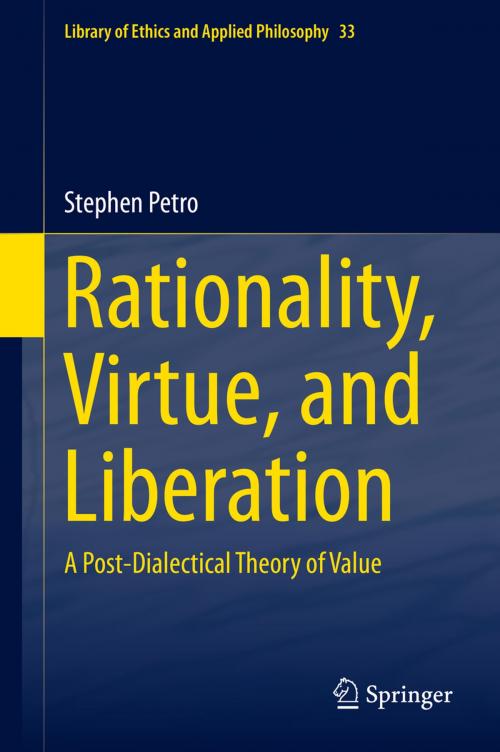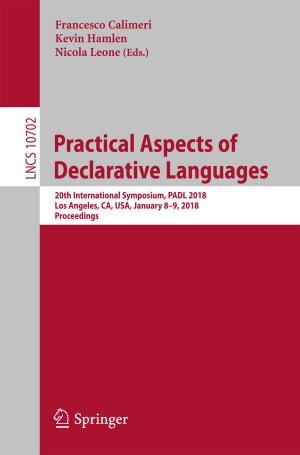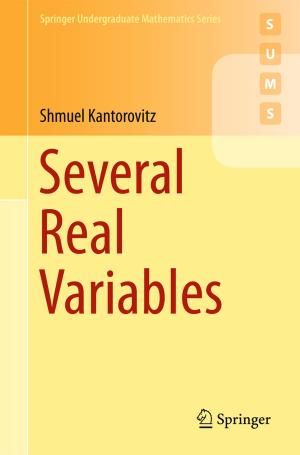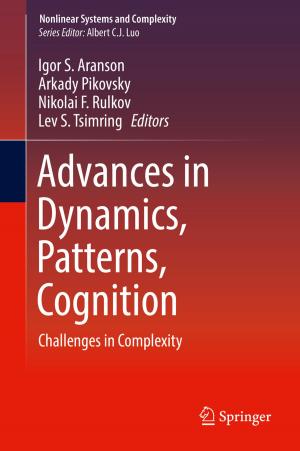Rationality, Virtue, and Liberation
A Post-Dialectical Theory of Value
Nonfiction, Religion & Spirituality, Philosophy, Ethics & Moral Philosophy| Author: | Stephen Petro | ISBN: | 9783319022857 |
| Publisher: | Springer International Publishing | Publication: | November 19, 2013 |
| Imprint: | Springer | Language: | English |
| Author: | Stephen Petro |
| ISBN: | 9783319022857 |
| Publisher: | Springer International Publishing |
| Publication: | November 19, 2013 |
| Imprint: | Springer |
| Language: | English |
This book explores the overlooked but vital theoretical relationships between R. M. Hare, Alan Gewirth, and Jürgen Habermas. The author claims their accounts of value, while failing to address classic virtue-theoretical critiques, bear the seeds of a resolution to the ultimate question “What is most valuable?” These dialectical approaches, as claimed, justify a reinterpretation of value and value judgment according to the Carnapian conception of an empirical-linguistic framework or grammar. Through a further synthesis with the work of Philippa Foot and Thomas Magnell, the author shows that “value” would be literally meaningless without four fundamental phenomena which constitute such a framework: Logical Judgment, Conceptual Synthesis, Conceptual Abstraction, and Freedom. As part of the 'grammar of goodness,' the excellence of these phenomena, in a highly concrete way, constitute the essence of the greatest good, as this book explains.
This book explores the overlooked but vital theoretical relationships between R. M. Hare, Alan Gewirth, and Jürgen Habermas. The author claims their accounts of value, while failing to address classic virtue-theoretical critiques, bear the seeds of a resolution to the ultimate question “What is most valuable?” These dialectical approaches, as claimed, justify a reinterpretation of value and value judgment according to the Carnapian conception of an empirical-linguistic framework or grammar. Through a further synthesis with the work of Philippa Foot and Thomas Magnell, the author shows that “value” would be literally meaningless without four fundamental phenomena which constitute such a framework: Logical Judgment, Conceptual Synthesis, Conceptual Abstraction, and Freedom. As part of the 'grammar of goodness,' the excellence of these phenomena, in a highly concrete way, constitute the essence of the greatest good, as this book explains.















